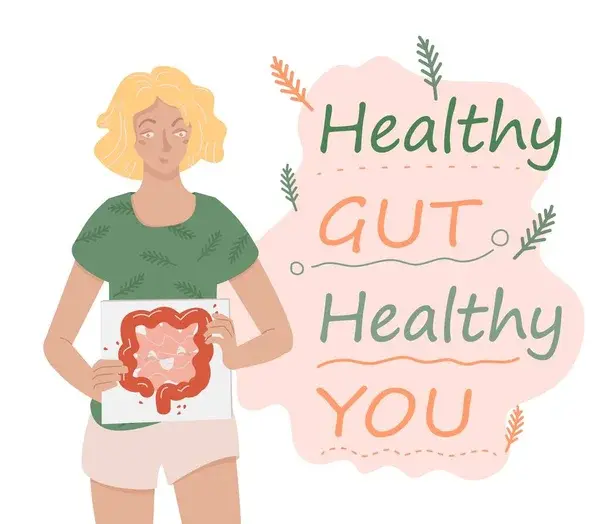The Science of Gut Health: How to Eat for a Happier Mind
- MedWords Editorial

- Jul 30, 2025
- 2 min read

Have you ever had “butterflies” in your stomach before a big event or felt your mood shift after eating junk food? That’s not just in your head, it’s in your gut. Science is now proving what Ayurveda and traditional medicine have said for centuries: your gut and brain are deeply connected. The state of your digestive system can influence everything from your mood to your energy levels and even your mental health.
Let’s explore how gut health works, why it’s linked to your happiness, and how you can eat to keep both your stomach and mind in balance.
Gut-Brain Connection: The “Second Brain” Inside You
Your gut isn’t just a food-processing machine; it’s home to over 100 trillion microbes, collectively called the gut microbiome. These tiny organisms help break down food, produce essential vitamins, and release neurotransmitters like serotonin (the “happy hormone”).
About 90% of serotonin is produced in your gut, not your brain. This means that if your gut health is off, your mood can take a hit too. Scientists call this the gut-brain axis, a communication highway between your digestive system and your brain.
Signs Your Gut Might Need Help
• Frequent bloating or indigestion
• Sugar cravings or sudden mood swings
• Low energy or brain fog
• Unexplained anxiety or irritability
If these sound familiar, your gut might be struggling to maintain a healthy balance of bacteria.
Foods That Heal Your Gut (and Boost Your Mood)
1. Fiber-Rich Plants
Whole grains, beans, fruits, and veggies feed the “good” bacteria in your gut. Think of fiber as fertilizer for your microbiome; it helps them thrive and produce mood-friendly chemicals.
2. Fermented Foods
Kimchi, yogurt, kefir, sauerkraut, and miso are packed with probiotics (live bacteria) that can restore gut balance and improve digestion.
3. Healthy Fats
Omega-3 fats found in salmon, flaxseeds, and walnuts reduce gut inflammation and have been linked to lower depression and anxiety levels.
4. Polyphenols
These are plant compounds found in foods like green tea, dark chocolate, and berries. They help feed good bacteria and protect your gut lining.
5. Prebiotic Foods
Garlic, onions, bananas, and asparagus are great for nourishing probiotics, making them more effective.
What to Limit for a Happier Gut
• Processed foods: They often feed harmful bacteria and trigger inflammation.
• Excess sugar: Spikes bad bacteria, which can mess with mood-regulating chemicals.
• Artificial sweeteners: Some disrupt microbiome diversity and can worsen gut issues.
Lifestyle Habits That Support Gut Health
• Eat slowly: It helps digestion and nutrient absorption.
• Manage stress: Chronic stress can disrupt gut bacteria.
• Sleep well: Good sleep boosts microbiome health and emotional balance.
• Move daily: Light exercise like walking or yoga supports digestion.
Final Word
Improving your gut health isn’t about strict diets; it’s about small, sustainable choices that feed your body and mind. When your gut feels good, your mood naturally lifts. Think of it as building happiness from the inside out.



Comments